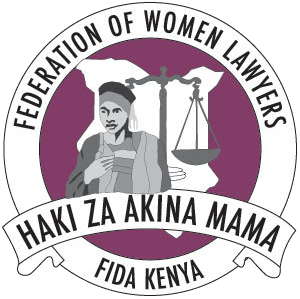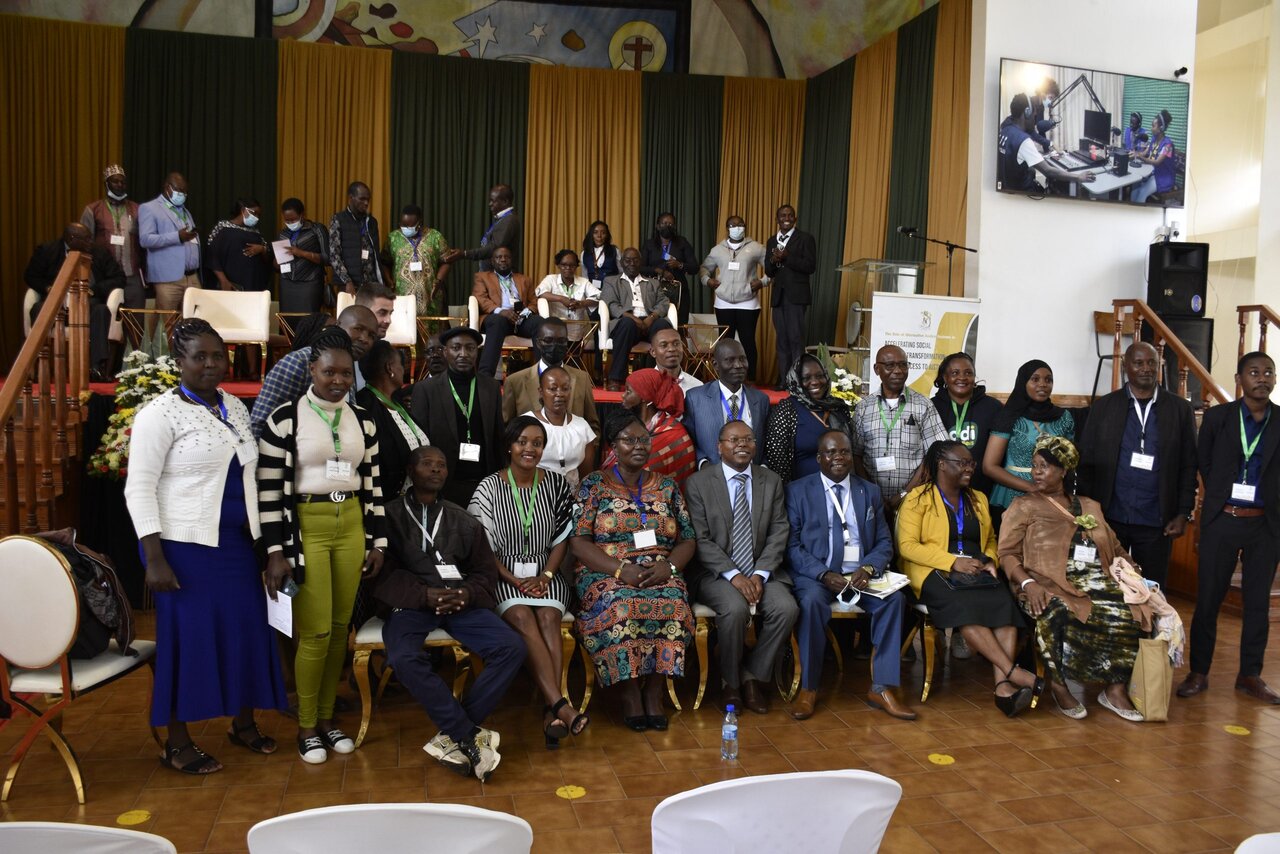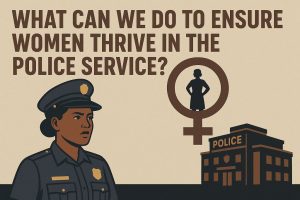1st Annual Alternative Justice Systems Conference
Article by Jerry Masha
The Alternative Justice Systems (AJS) is both a philosophical concept as well as a practice for accessing justice. As a philosophical concept, and consistent with the human rights school of thought, it is based on the following fundamental ideas: freedom, equality, non-discrimination, dignity, and equity. All these are contained in the Constitution of Kenya. As a practice for access to justice, AJS refers to initiatives that can be taken to attain equality and equity for all members of a particular cultural, political and social identity. For the judiciary in Kenya, AJS has become a useful avenue for responding to the backlog of court cases. Beyond the pragmatic questions of numbers and efficiency, AJS is a deeply philosophical approach with far-reaching implications for jurisprudence and human relations.
In 2016 a task force was appointed to develop a national policy on Access to Justice that resulted in a draft policy – Justice as Freedom: Traditional, Informal and Other Mechanisms for Dispute Resolution in Kenya – which serves as a roadmap for implementation and interventions to establish Alternative Justice Systems (AJS).
The Policy considers AJS as a necessary component of access to justice and its’ principal objective is to give effect to Article 159(2)(c), which mandates the Judiciary, as a state organ, to promote AJS. At a global level, AJS is a mechanism to provide access to justice under the United Nation’s Sustainable Development Goal 16, which obliges its signatories to ‘promote peaceful and inclusive societies for sustainable development, provide access to justice for all and build effective, accountable and inclusive institutions at all levels.
The mandate of the AJS policy is to respond to the requirement of Article 159(2) (c) of the Constitution (2010) and everyday experiences of justice by Kenyans and in so doing to propose strategies for mainstreaming and upholding autonomous practices of AJS mechanism using methods that meet the threshold of the Constitution of Kenya and international human rights standards.
On 21st – 22nd June 2022, The Judiciary in collaboration with the AJS, KJA, FIDA-Kenya, and other stakeholders held its 1st Annual AJS Conference with the objective of understanding the role of Alternative Justice Systems in Accelerating Social Transformation through Access to Justice. The conference offered a platform for knowledge sharing about Social Transformative Justice through #AJS systems and provided an ideal opportunity for spirited conversation and ideas on how to make use of indigenous forms of justice dispensation.
Hon. Justice Philomena Mwilu urged Kenyans to undergo a paradigm shift where they begin to let go of colonial interpretations of what justice is and its dispensation & to open their minds to our indigenous forms of justice. The judiciary is NOT the repository of judicial authority & justice expertise from which all other mechanisms gather their legitimacy. All judicial authority flows from the inherent sovereign power of the people. Cognizant of the fact that most disputes are not resolved through the formal justice system, the judiciary itself must learn from those ‘alternative’ systems & techniques that, to significant extents, make the justice they dispense more organic & permeating.
The justice system should be involved & alive to the needs of the people and needs to amplify & protect the voice and interests of the minorities & vulnerable people. AJS must act as a bridge between the lofty aspirations of the consideration and the realities of the people by ensuring justice is cheap enough for everyone.
Over 694k cases and climbing have not been dealt with and addressed as the courts can no longer deal with the backlog of cases on their own. Creating Alternative Justice Systems empowers and dignifies seekers to have a choice on which system to use to settle disputes. Practicing dispensation of justice as an everyday activity will stall the increase in disputes.
Through engagements with #AJS, FIDA-Kenya has enhanced human rights principles within IJS structures with a high number of cases successfully resolved in favor of women leading to the increased capacity of women to claim their rights with IJS. Establishing vibrant #AJS networks; and proper referrals at the grassroots level, linking with CBOs, pro-bono lawyers, and other partners, creates visibility and builds the confidence of community members in AJS to address emerging issues relating to Access to justice









Comments (10)
betuploginbet
Been placing my bets on betuploginbet for a while now. The odds are pretty competitive, and I’ve had a few good wins. Could maybe use a loyalty program, but other than that, I’m happy. Check it out for yourself: betuploginbet
xosohaugiang
Xosohaugiang seems pretty legit. If you’re into checking those results, this is your go-to. Check it out: xosohaugiang
123betvvip
Alright folks, had a go on 123betvvip. Seems pretty solid, VIP treatment and all that jazz. Loads of different games so should find something you like. Take a look yourself: 123betvvip
binance us register
Thank you for your sharing. I am worried that I lack creative ideas. It is your article that makes me full of hope. Thank you. But, I have a question, can you help me? https://accounts.binance.com/si-LK/register?ref=LBF8F65G
ijogos
Ijogos, I had a few wins here! Pretty decent platform with a good variety of games. A few more languages would be excellent, though… Still, worth checking out: ijogos
u888u888cool
U888U888COOL on .org is also pretty cool! More site options are always good! Check both versions for your play. u888u888cool
rs786gamedownload
RS786gamedownload comes through with its new games. It’s great to get a new dose of fun! Fast downloads and good variety, what’s not to like? Time to have some fun. If you are ready to try it out, get it here: rs786gamedownload
baji666
Baji666, eh? The name sounds interesting. Gonna do some exploring and see what this site has to offer. That baji666 link is lookin’ good!
59rbet
I’ve noticed 59rbet recently Is anyone else a user? What has your experience with the site been like so far? Thinking of giving it a try 59rbet.
52bet1
Been messing around on 52bet1 for a bit. Seems like a reliable spot with some good odds. Might be my new go-to. You can try it out here: 52bet1.